Mastering the Art of Remote Job Interviews: 10 Essential Tips for Success
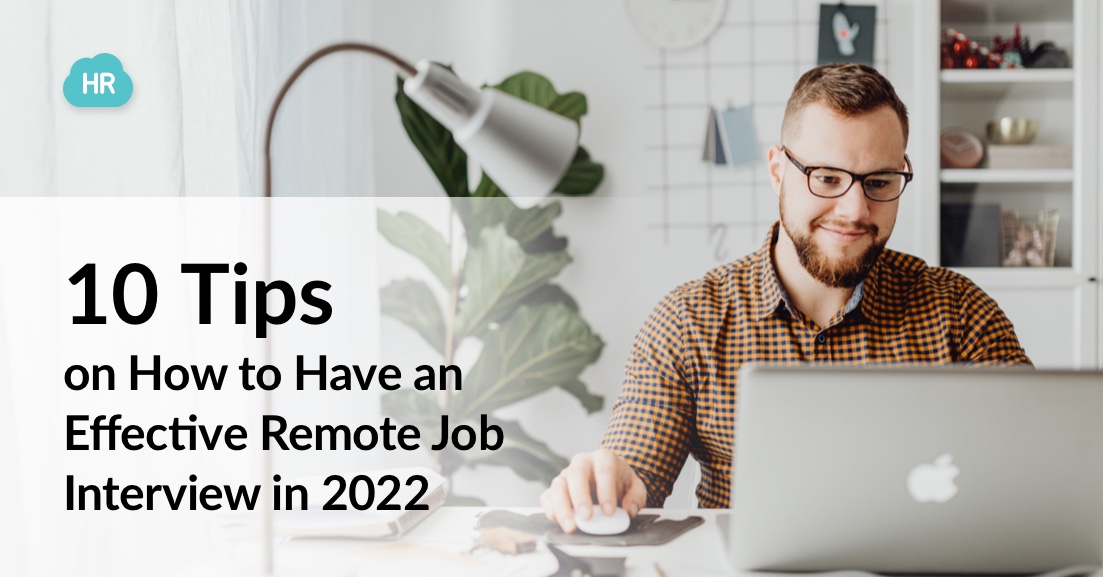
- What is an Effective Remote Job Interview?
- How to prepare for your Effective Remote Job Interview
- 1. Prepare to Answer Questions
- 2. Find a Quiet Room
- 3. Be Ready to Answer Questions
- 4. Use Headphones
- 5. Avoid Distractions
- 6. Tell the Truth
- 7. Be Wary of Camera Angles
- 8. Avoid Giving Extensive Personal Info
- 9. Use Google Docs for communication
- 10. Schedule the interview for a specific hour
A typical remote interview is conducted almost entirely over the phone, the typical interviewee will often get the opportunity to answer questions either over the phone or on Skype or as a voice-over the telephone.
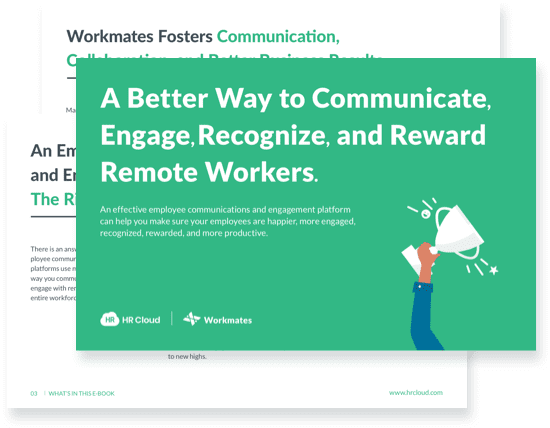
To learn even more about managing remote teams and keeping employees working at home highly engaged, download our ebook now.
Download nowWhat is an Effective Remote Job Interview?
Over the phone is significantly more popular than Skype, but is also more interviewers' preference for their work. This is because over the phone is more personal and interviewers can hear what the interviewee sounds like.
Telephone interviews are conducted very differently than in-person interviews, so it's important to know some of the typical things to avoid so you can get the best.
For many, a remote job interview is a chance to get a foot in the door for a company that may not have a local presence. This can be a great opportunity for people who live in a rural area, have a disability that limits them from being physically present for an interview, or don't have a car. Remote job interviews are less common than in-person interviews, but they are becoming more popular. In order to get the most out of your interview, it's important to have specific tips on what you should do before, during, and after the interview. Before the Interview: Unplug from your current work environment and make sure your Internet connection is strong, learn about the company's mission and any notable projects. Complete your research on the company, including employee reviews.
How to prepare for your Effective Remote Job Interview
The keys to preparing for an interview are to review your resume, think about your strengths, do your research on the company, and get clear on the questions you want to ask.
It is possible that you may one day have a remote job interview. Maybe you're a military spouse. Maybe you're a recent college graduate who just moved to a new city for a new job. Maybe you're a family caregiver who has been searching for a new job but has been unsuccessful in your search because the job requires a lot of travel that you can't do for family reasons. In any of these cases, you may be interviewing for a job that you will have to do remotely.
1. One way to ensure that your tone of voice is appropriate is to practice modulating your voice volume. One way to do this is to take a deep breath and then speak, rather than speaking right away.
2. Start by following best practices Before you ever arrive at an interview, make sure to honor the following best practices: Research the company, including their mission, values, and history Put together a portfolio of your skills and accomplishments Pick a professional outfit Pick a professional hairstyle Pick a professional makeup look Pick a professional outfit for your interview.
3. Set up your interview gear. Arriving at the company with good energy is key. It makes a good first impression and leaves a better impression on those you are meeting, as well as those observing. Make sure your phone is fully charged. Bring a small notepad with you to take notes on questions that come up or bring a laptop to take notes on the spot. Often working in an interview is the same experience people have at work. You need to be productive in the time you are given. Bring any technology you need to accomplish this. Charge it the night before.
10 Tips to Have an Effective Remote Job Interview in 2021
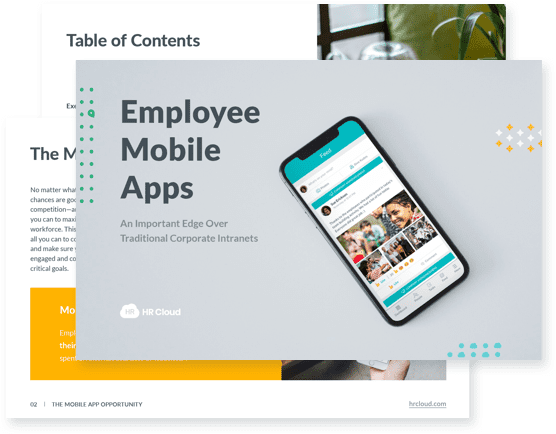
To learn more about giving access to vital HR and work information — even when they're not in the office. Download our ebook now.
Download now1. Prepare to Answer Questions
Since it can be very difficult to come up with a perfect answer to a difficult question, employers will often ask their potential employees to prepare for an interview by thinking of some questions they might be asked. Here are some potential questions and the best way to answer each one.
-
Describe yourself.
-
I am an accomplished individual with strong interpersonal skills.
-
What are your strengths?
-
I stay organized, am an excellent problem solver, and am capable of multitasking.
-
What are your weaknesses?
-
I can be impatient at times, but I also work hard to overcome that.
-
How has this company made an impact on your life?
2. Find a Quiet Room
Remote interviews are becoming more popular in the world of business, but many companies are struggling to make them happen. Small office spaces, high internet speeds, and modern technology are all making this type of meeting possible. But the one thing that remains the most difficult is finding a quiet meeting place. A recent study showed that 74% of employees surveyed agree that quiet meeting rooms, such as conference rooms and private offices, are the most important thing for a successful remote meeting. It's important to find a room where there isn't any noise, and the first question to ask is, "Is it quiet?" A common location to find a quiet room is a conference room. There you'll likely need to reserve the room for the interview, but you don't need a formal reservation.
Networking with a remote person is a different experience from networking with a person from a secure company with central offices. Remote workers don’t have the same conveniences.
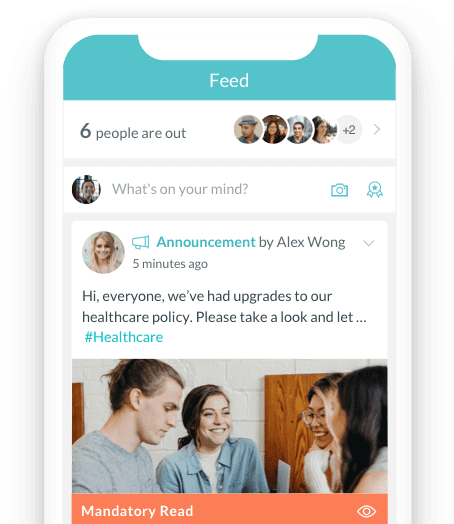
3. Be Ready to Answer Questions
Many folks don't realize that there is a correlation between the position they hold and how they answer questions. It's important to understand the appropriate response and how you should give it. For instance, one may typically hold a degree depending on their particular position. This degree should be stated in the appropriate response. There are some questions that if answered, could reveal confidential information or personal opinions.
4. Use Headphones
Tired of having a video conference in a noisy conference room? Consider using a conference call service in which both participants will have a conference call session in their own conference room. You’ll be able to have a much more effective and comfortable interview that way!
5. Avoid Distractions
Distractions can be a problem during remote interviews. Maintain a professional tone and be mindful of the time of day. For example, it may be difficult to concentrate on your interview if you’re using your laptop and the TV is on in the background.
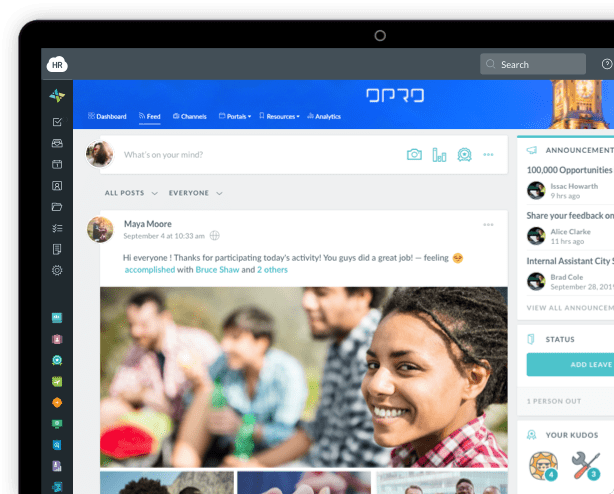
6. Tell the Truth
One of the most important aspects of an effective remote interview is trust. Make sure you are being honest about your responsibilities so you can be confident that you are demonstrating that you are a hard worker who can put in the time. The interviewer will appreciate that you are not taking the job lightly and are willing to commit to it.
7. Be Wary of Camera Angles
In order to be successful in a remote interview, you need to make sure that your image is clear and recognizable. To ensure that, adjust the camera angle so the interviewer has an unobstructed view of you. It's also important to prepare for technical problems before the interview. Make sure you have your laptop charged and with you for emergencies. You can't be sure how long the interview might go, so plan accordingly. If you need to cut the interview for any reason, just say something like "I'm sorry, I'm needed back at the office."
8. Avoid Giving Extensive Personal Info
The interview process can be a nerve-racking experience for anyone. Getting the job is the ultimate goal, but there are many variables that can affect the outcome, such as how you present yourself during the interview. Those who are interviewing remotely should be mindful of the distances that separate them during the process. Wave your hand to see if they want to go to the next question. Do not be overly personal. It is important to stay professional and to avoid making assumptions about the other person. It is important for the interviewee to communicate well and to be prompt. This will provide the interviewer with all the required information they need to make an informed decision.
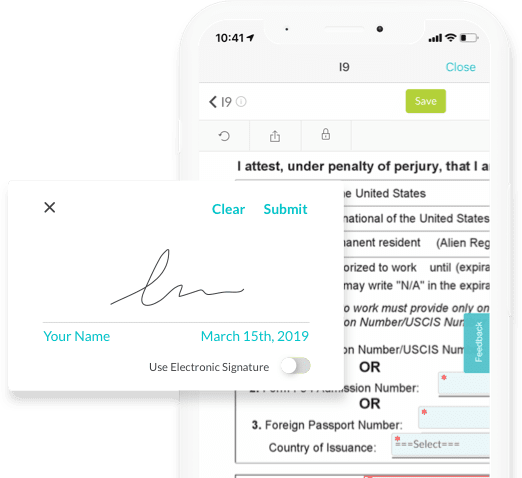
9. Use Google Docs for communication
Modern technology has come a long way just recently. I've been using email for communication at work for years, but these days, many companies are moving towards more digital forms of communication. One tool that has really caught on in the past year or so is Google Apps - which is made up of Gmail, Google Calendar, Google Docs, etc. The majority of my colleagues have switched to Gmail at my workplace. It's pretty easy to use and contains most of the features that you would expect from an email provider like filters, spam protection, and the like. What really sets Gmail apart is that it is integrated with other Google Apps that can be accessed through the browser.
10. Schedule the interview for a specific hour
You should always specify a time for your interview. Keeping your appointment is important for both parties. Employers will appreciate your punctuality and you will be able to start on time, or at a time that best suits you. You can also give yourself enough time to arrive at your interview on time, as well as to prepare for questions they may ask. To be punctual, it is best to specify an absolute start time, as opposed to a specific date and time. It will allow both parties to be as prepared as possible as it can be difficult to plan your schedule around an absolute timeframe. Regardless of your time zone, it is important to remember that the interviewer is inviting you to their office and they have a certain comfort level in being in a separate office. Remote interviews are a challenge for everyone, but be sure to show up a little early to account for any delays.
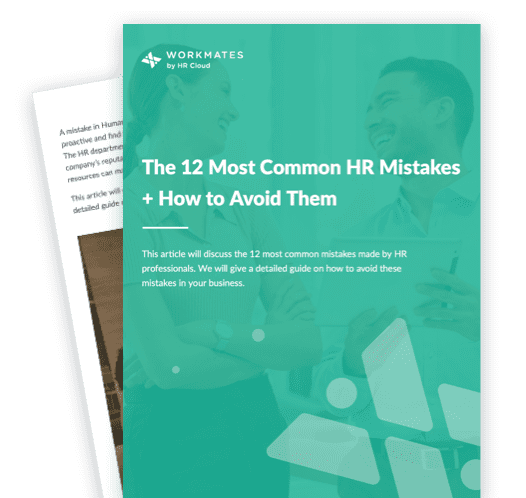
HR mistakes impact your entire organization. Learn how to avoid the 12 most common mistakes with our free ebook.
Download nowAuthor Bio: Kashyapi Prajapati has been involved in the world of accounting software, SEO and cloud computing from a very long time and currently, she is working as a lead content writer with Cloudwalks, a QuickBooks cloud hosting service which offers affordable QuickBooks hosting pricing. Cloud computing and SEO is what she eats and drinks.
Keep Reading
Balancing Technology and the Human Touch in Employee Engagement
Companies are taking employee engagement very seriously because it is one of the ways of
Remote Onboarding Success Stories
When it comes to onboarding new hires, many companies understand the value and benefits


